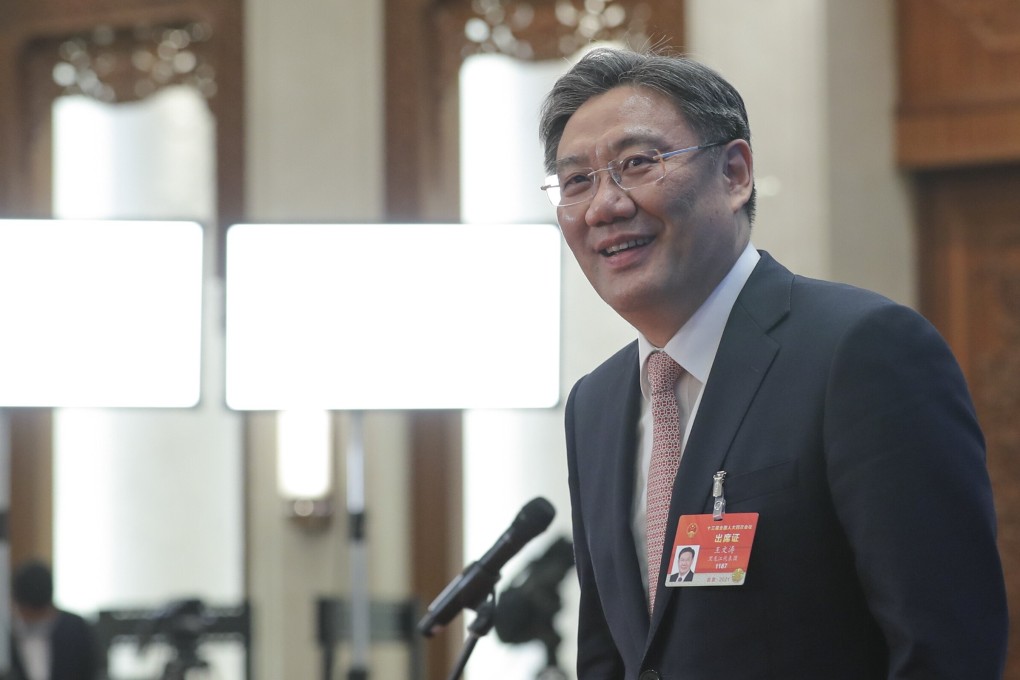US sheds light on latest China trade talks, raising concerns about ‘unfair, market-distorting industrial policies’
- China’s Commerce Minister Wang Wentao spoke with his American counterpart Gina Raimondo on Thursday
- Spokesman Gao Feng refused to provide any details of the topics discussed, while the US Department of Commerce did not immediately release a statement

Concerns surrounding China’s “unfair and market-distorting industrial policies” and the “need to level the playing field” for American companies in the country were raised during Thursday’s latest round of trade talks, according to the US Department of Commerce.
“Secretary Raimondo discussed the Biden-Harris Administration’s focus on economic policies benefiting American workers and expressed US concerns, including China’s unfair and market-distorting industrial policies, the need to level the playing field for US companies in China, and the importance of protecting US technology from unauthorised users,” said the statement which was eventually released on Thursday morning in Washington.
“Secretary Raimondo noted that she looks forward to future discussions with Minister Wang on these issues,” added the statement which referred to the call as “introductory”.